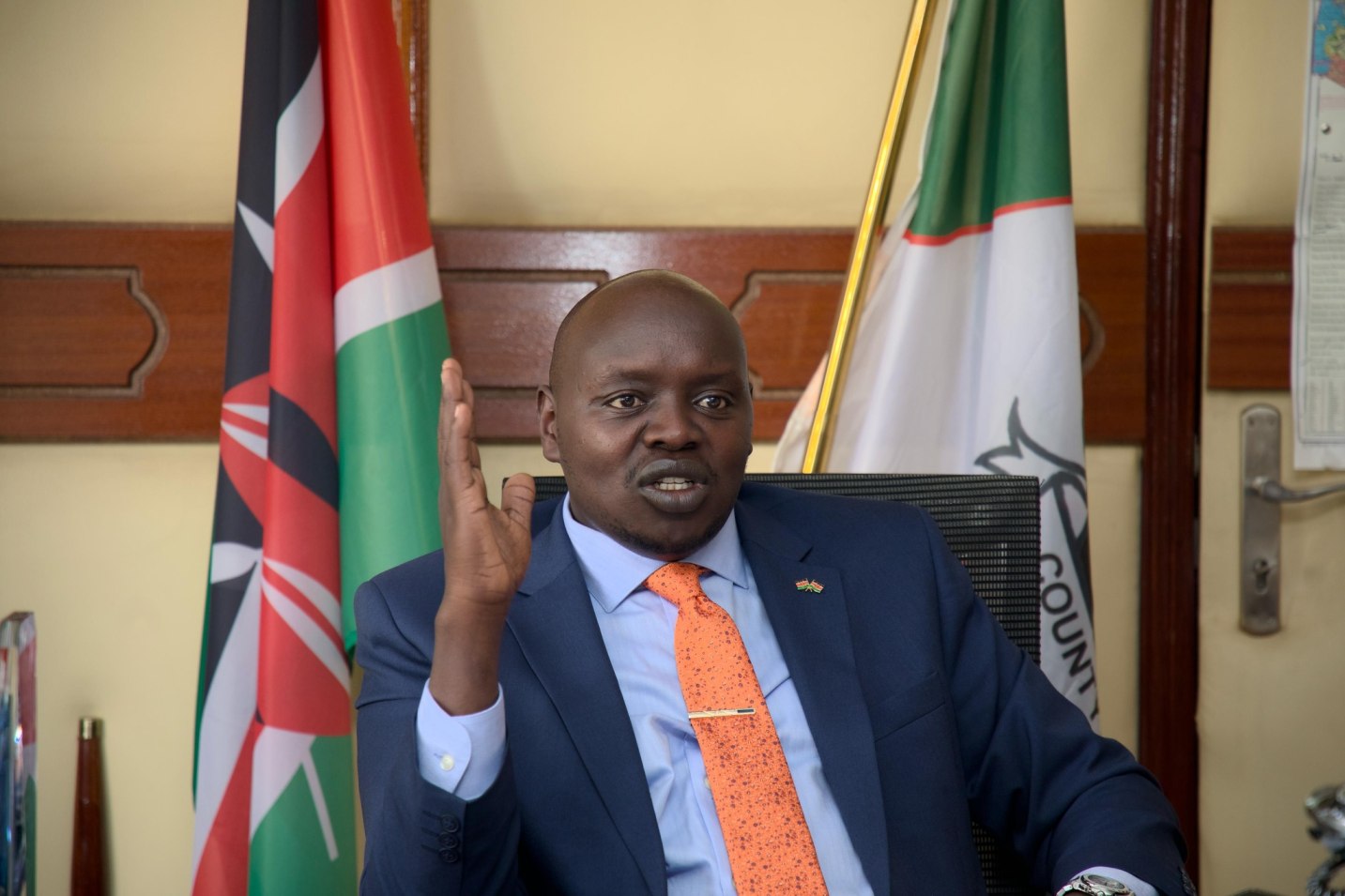Senators have urged the government to recognize village elders and Nyumba Kumi leaders as part of its formal administrative system, arguing that their current volunteer status does not match their responsibilities or risks.
The Senate is pushing for the establishment of a formal scheme of service for grassroots leaders, similar to that of chiefs and assistant chiefs, to ensure they receive better support and have a clear path for career advancement.
Nandi Senator Samson Cherargei highlighted the dangers village elders face, saying they need protection and motivation to continue serving their communities effectively.
"They are very critical in ensuring peace prevails in the villages. They have actually become easy targets for criminals. They, therefore, must be protected at all costs," said Cherargei.
"We must provide them with schemes of service for them to discharge their duties without fear or favour. This is because it is not enough to give them a stipend."
The current scheme allows chiefs and their assistants to advance within the national government structure, provided they have the required qualifications.
However, village elders and Nyumba Kumi leaders are not included in this progression and operate without job security or promotion prospects.
Senator Hillary Sigei from Bomet said, "Having a scheme of service for them will help them in so many ways. One of the critical things is to motivate them to know that you can grow in the system. Failure to have such an arrangement will always discourage them from performing their roles."
Kitui Senator Enoch Wambua pointed out that the services offered by village elders and Nyumba Kumi leaders are vital and should be formally recognized.
"The services that the village elders and Nyumba Kumi leaders offer are so critical that there is need for a proper scheme of service, complete with clarity on career progression path, such that, someone can begin as a village elder or assistant chief, and aspire to go through the administrative ladder and one day become a regional commissioner," he said.
Senator Johnes Mwaruma of Taita-Taveta sparked the debate by seeking answers on when the last review of the scheme of service for chiefs and their assistants was done.
He also called for a review of the criteria for promotion and job group movement, to help curb stagnation and low morale among administrators.
"We want to know the criteria used for hiring and promoting chiefs and assistant chiefs, including the entry level, job group, highest attainable job group within the ranks and the minimum and maximum duration an officer stays within a job group before promotion," said Mwaruma.
Village elders often act as the link between the national government and local communities.
Their duties include resolving disputes, reporting security concerns, and promoting government policies.
Yet they only receive a small allowance of Sh2,000 per month, with a proposal to increase it to Sh7,000.
The senators also took issue with the requirement for academic qualifications for village elders. They argued that community leadership is built on trust and experience, not formal education.
Kirinyaga Senator James Murango stated, "If one wants to become a village elder, all they need is to be above 40 years old, married, and have an understanding of the local culture. If they fit that criteria, then they should be given the job.”
"It is not right to ask the village elders to have academic qualifications. This is because we have brilliant fools in this country who cannot do a quarter of what our village elders are doing," he added.
The Senate wants the Interior Ministry to review existing structures and develop a plan that offers village elders and Nyumba Kumi leaders better terms, protection, and recognition, reflecting their contribution to national stability at the community level.
